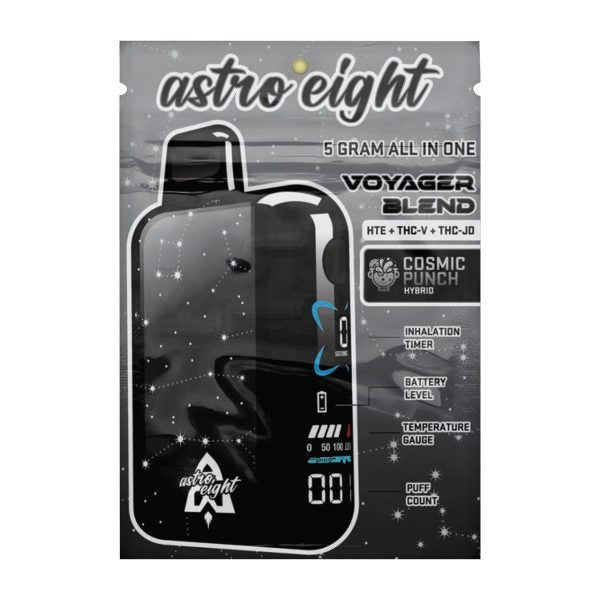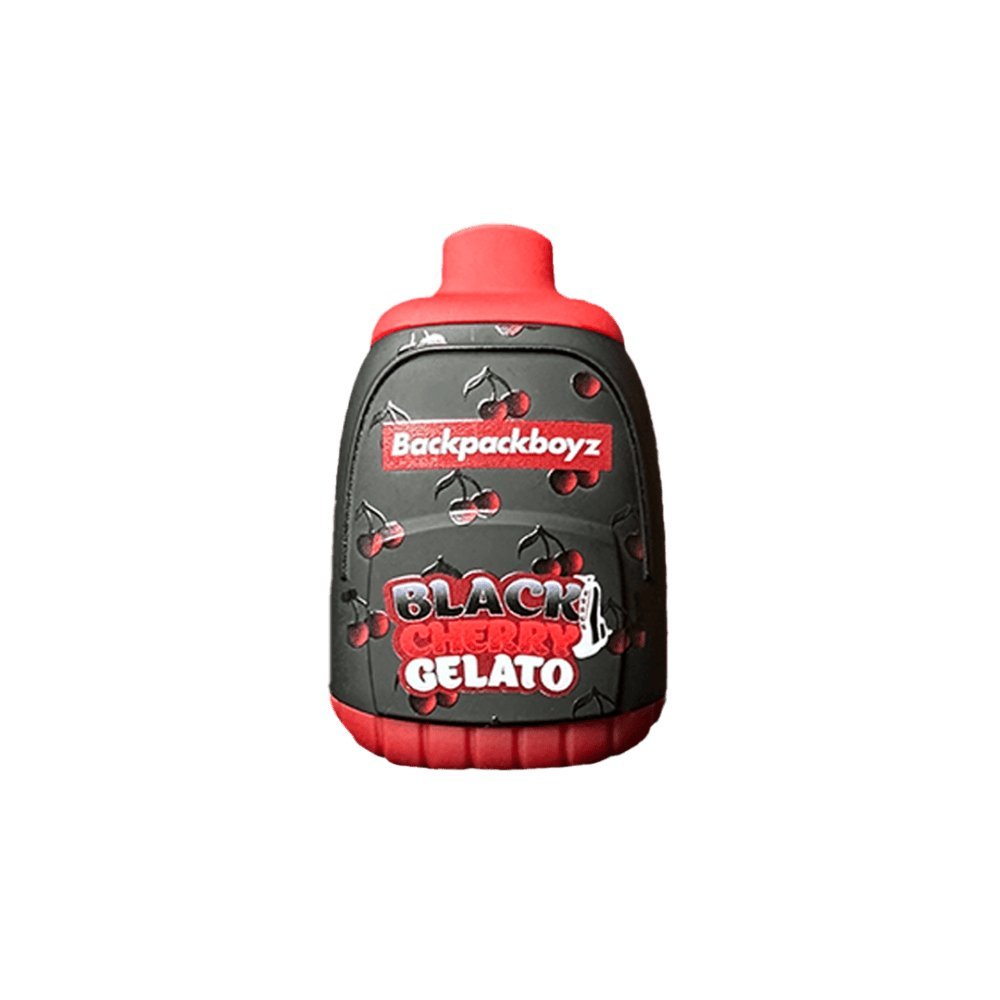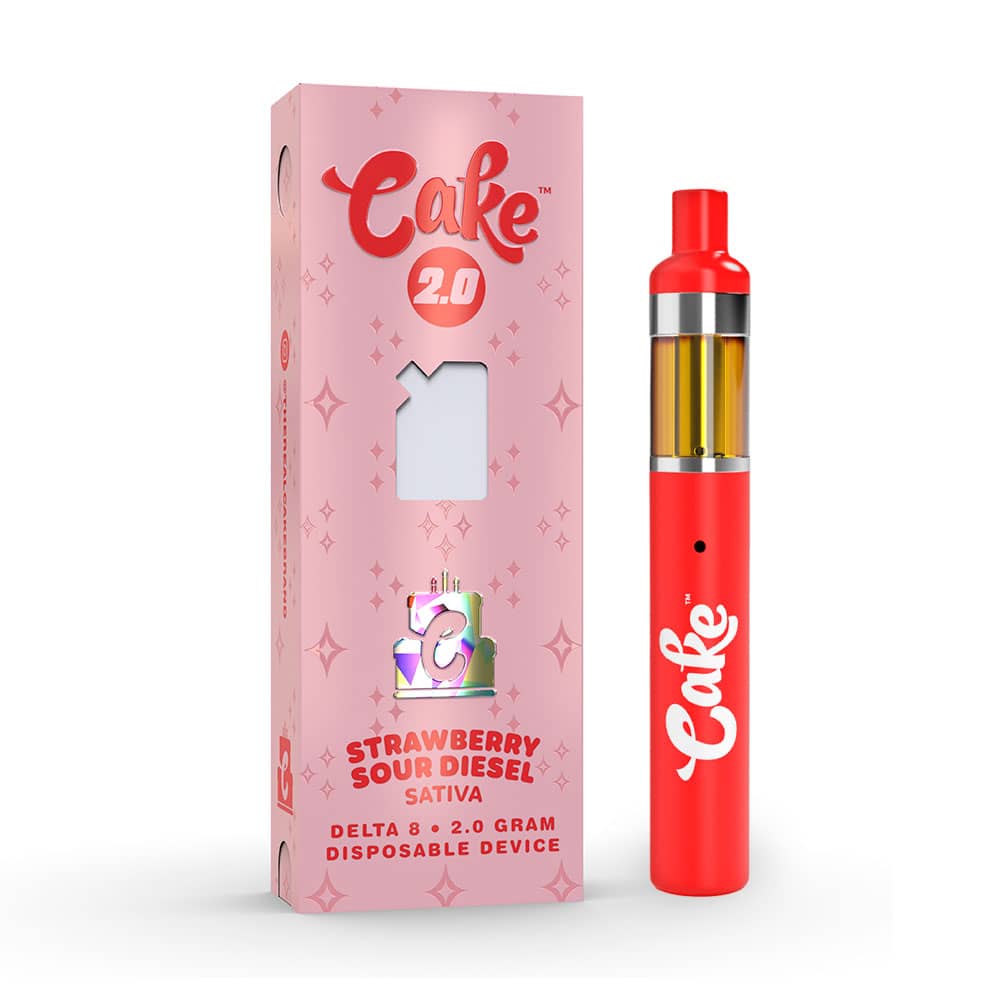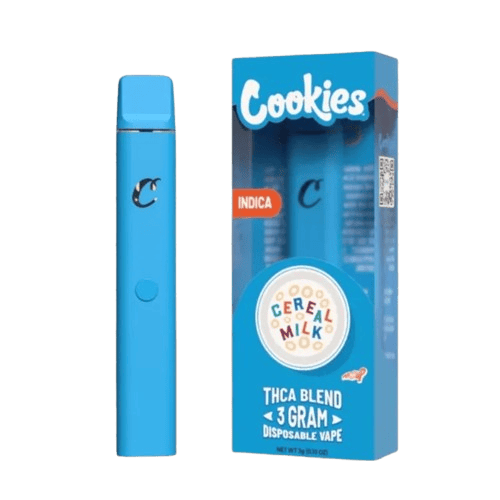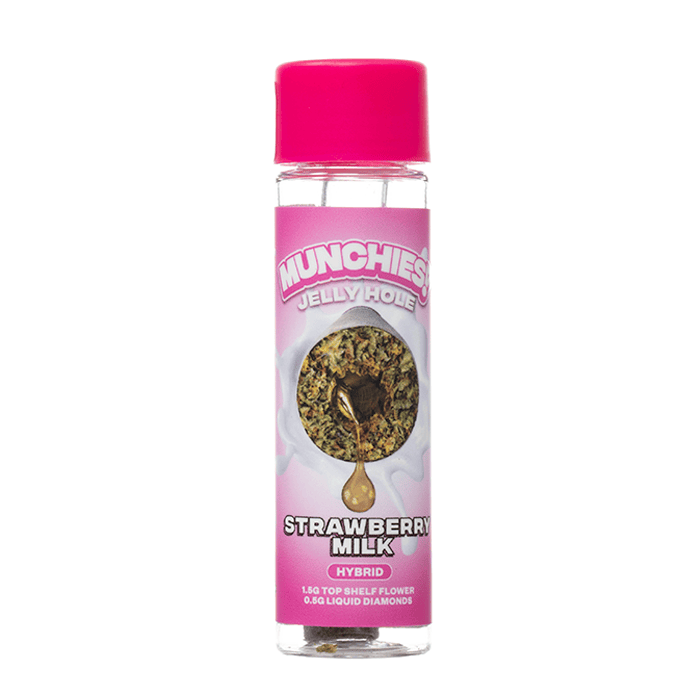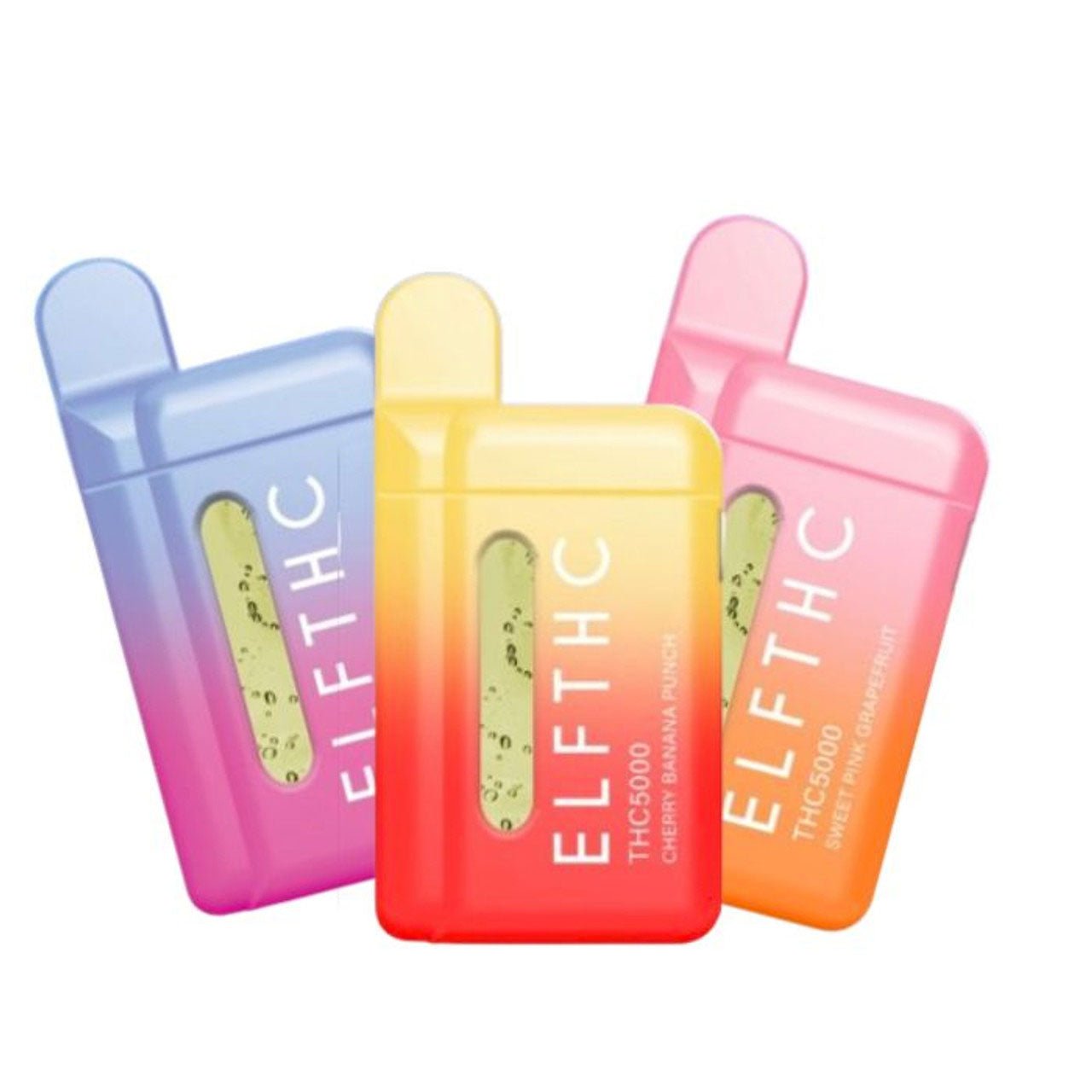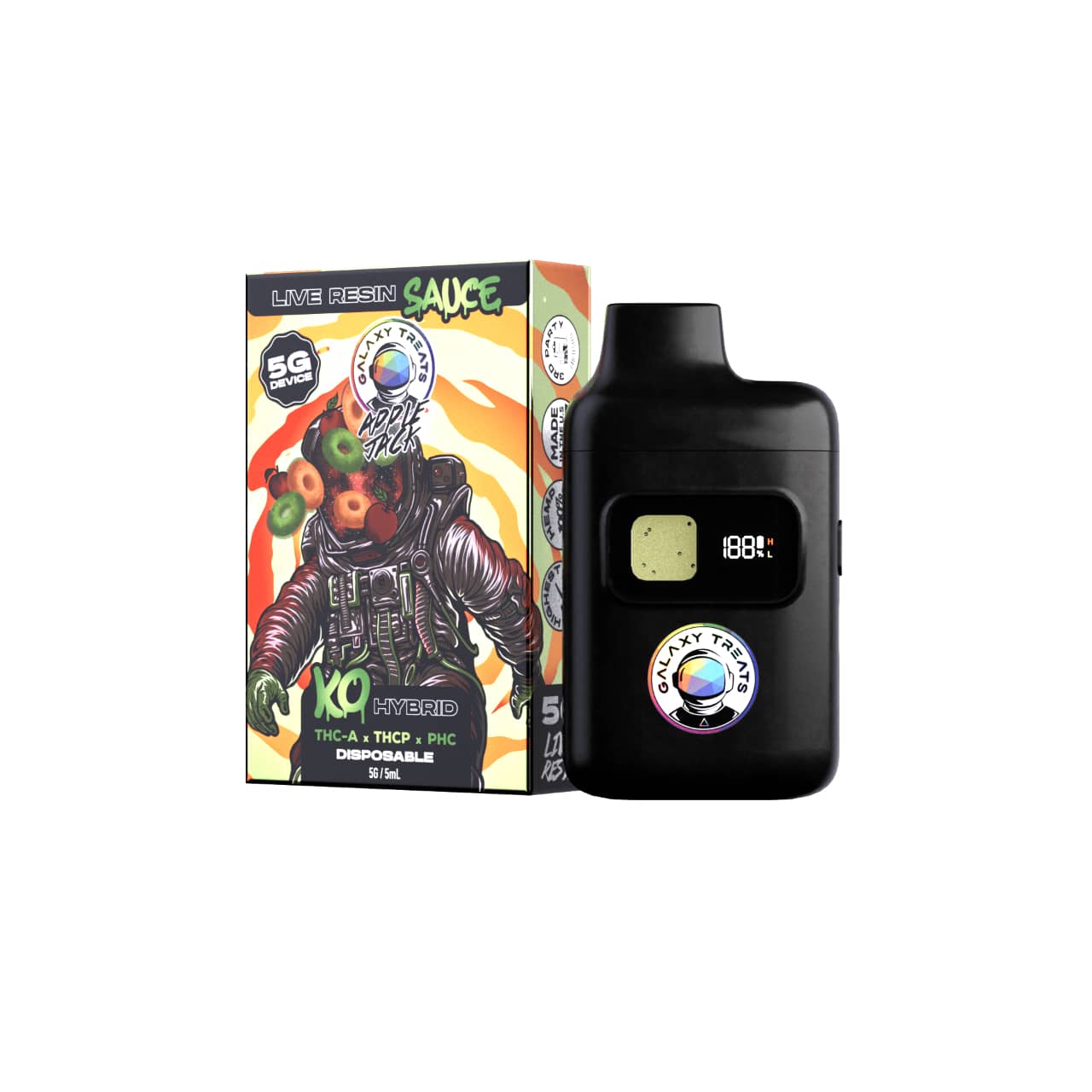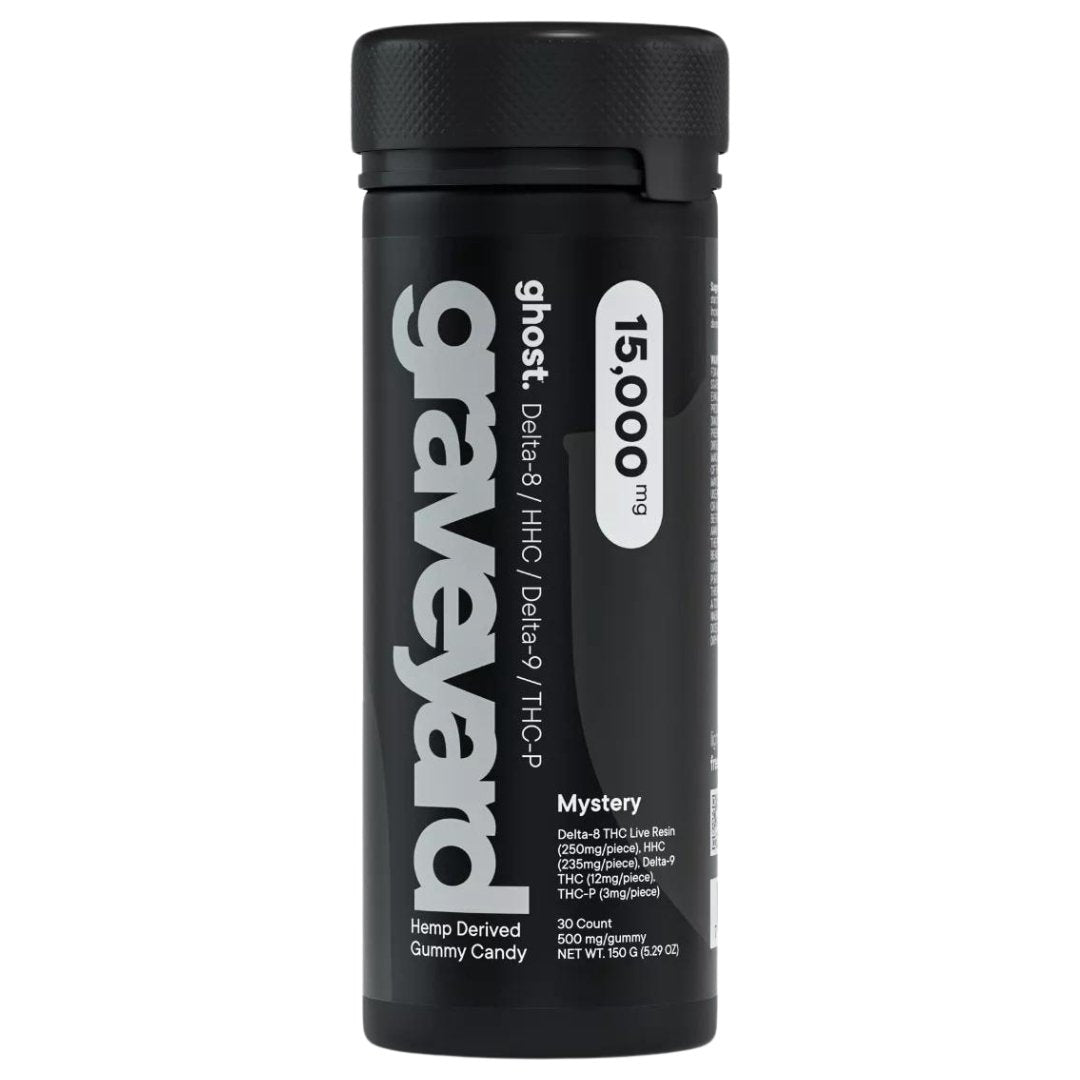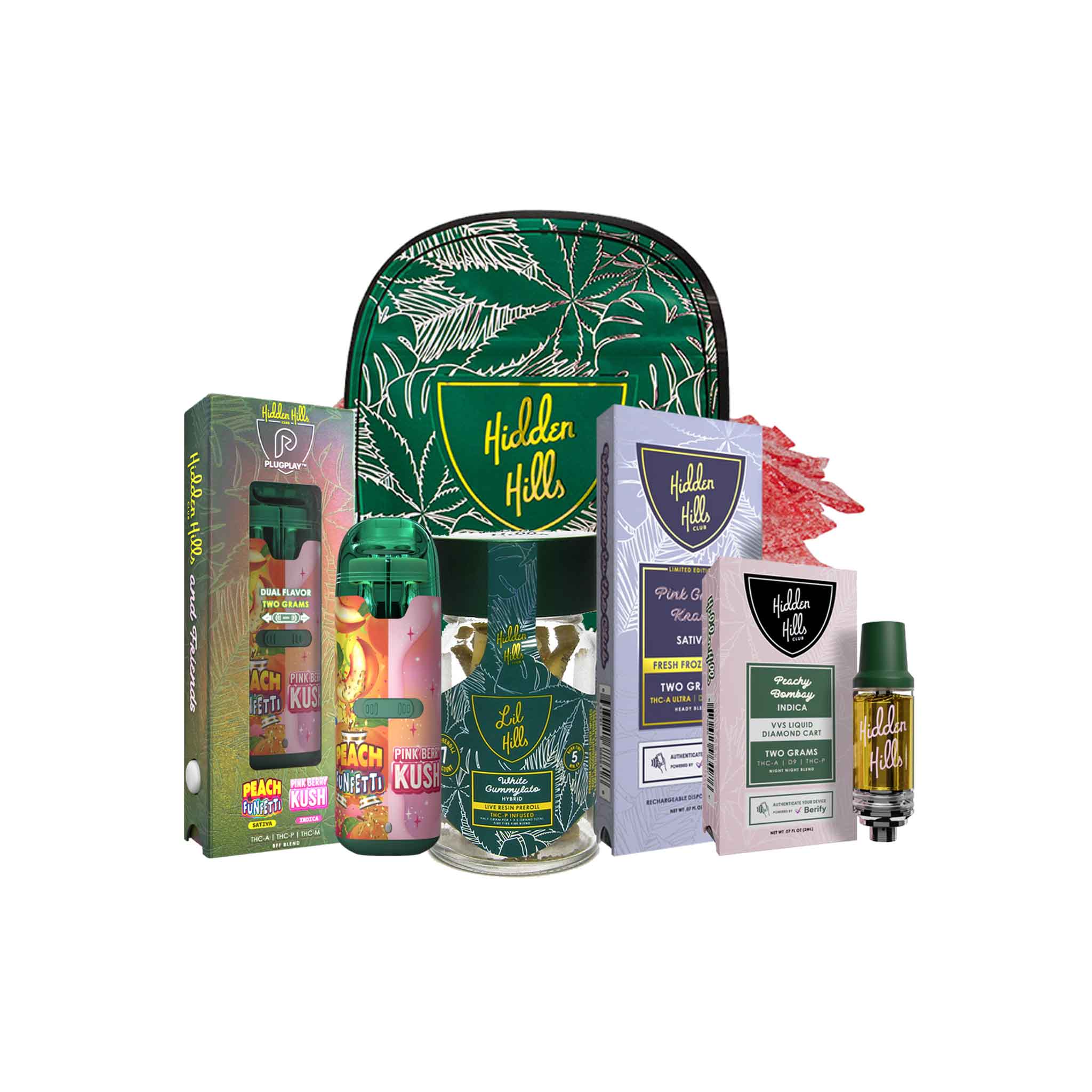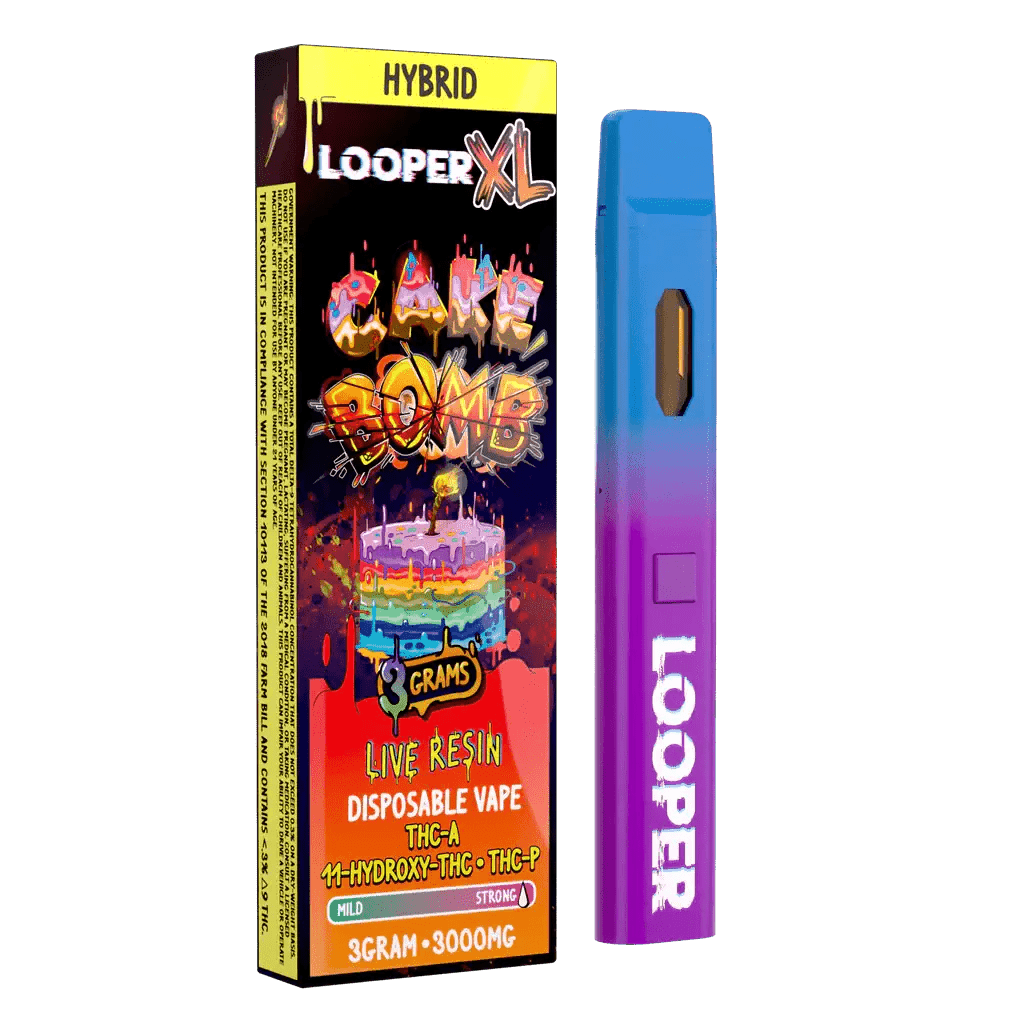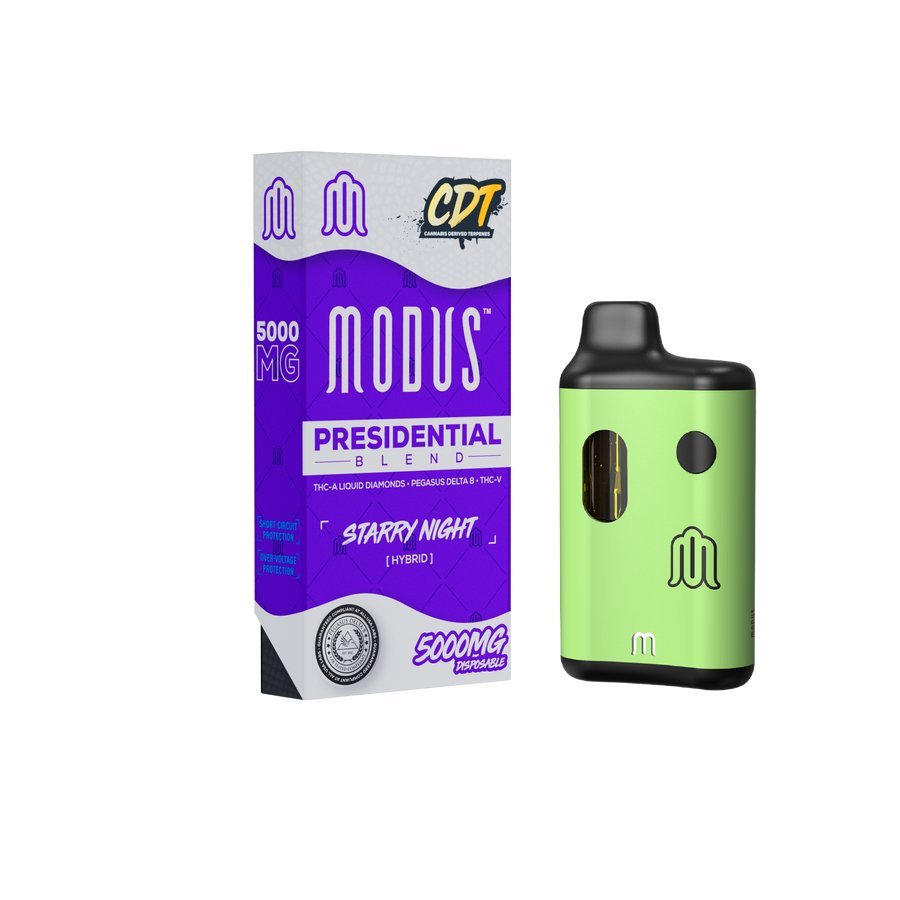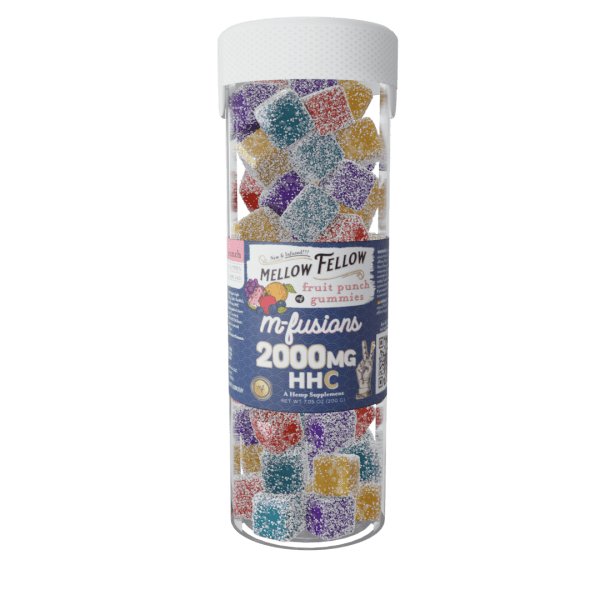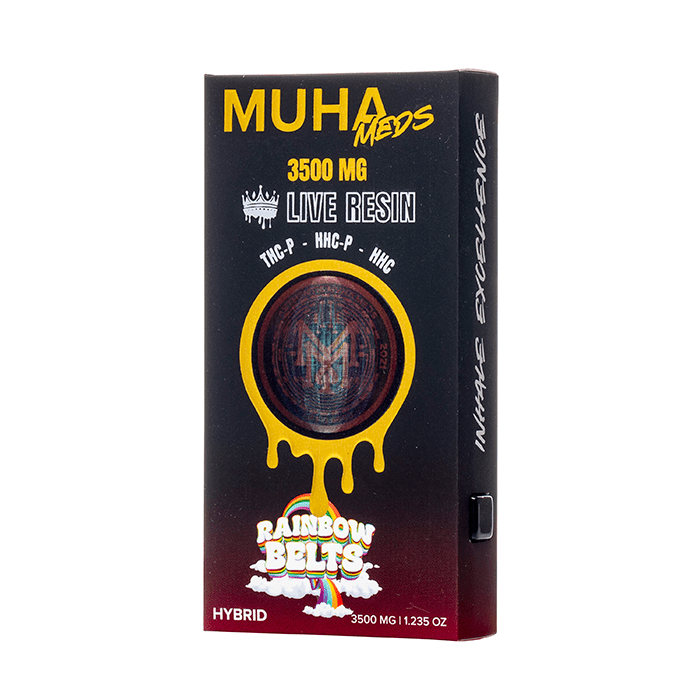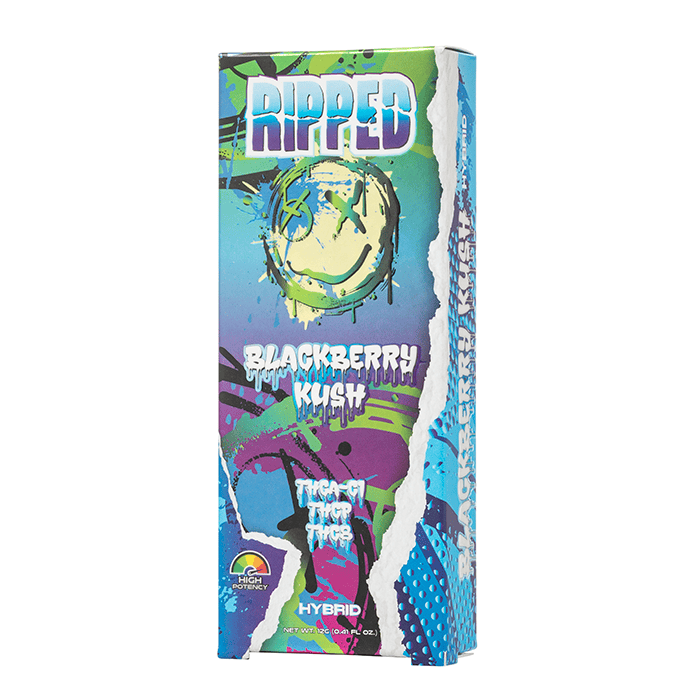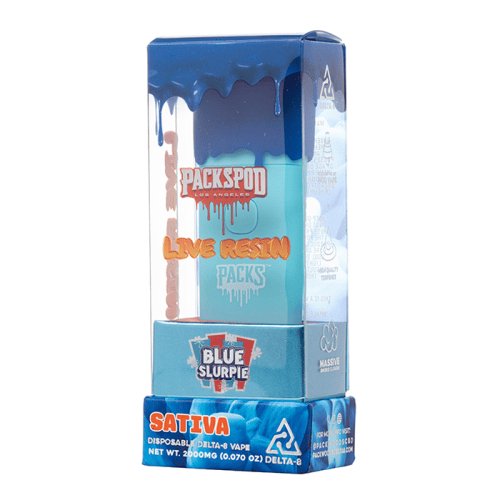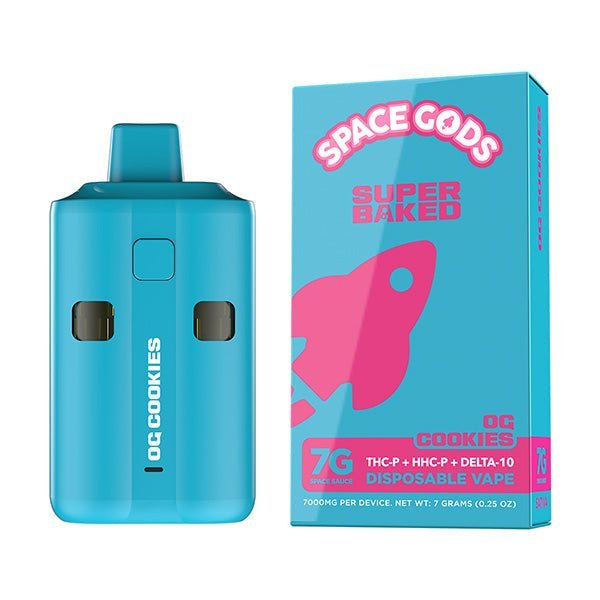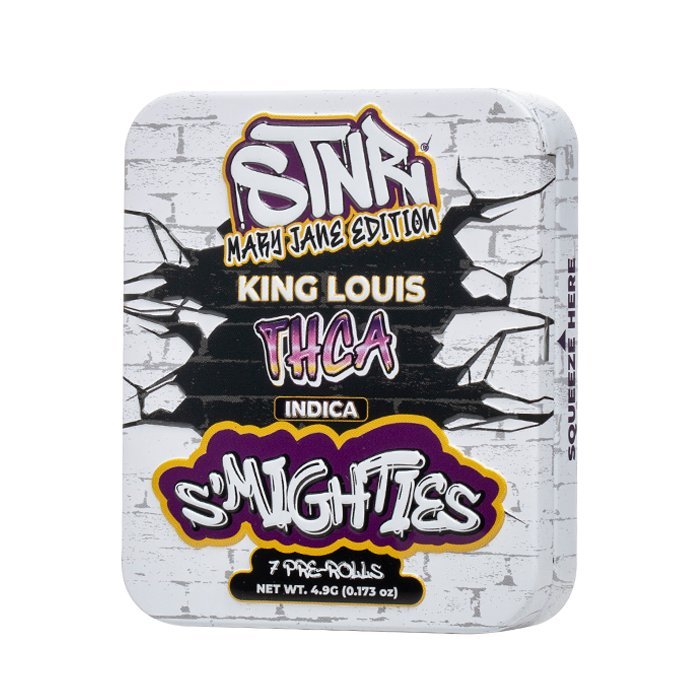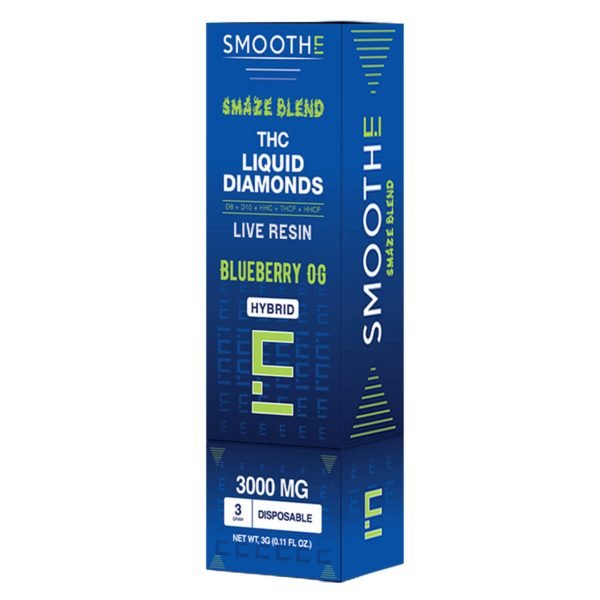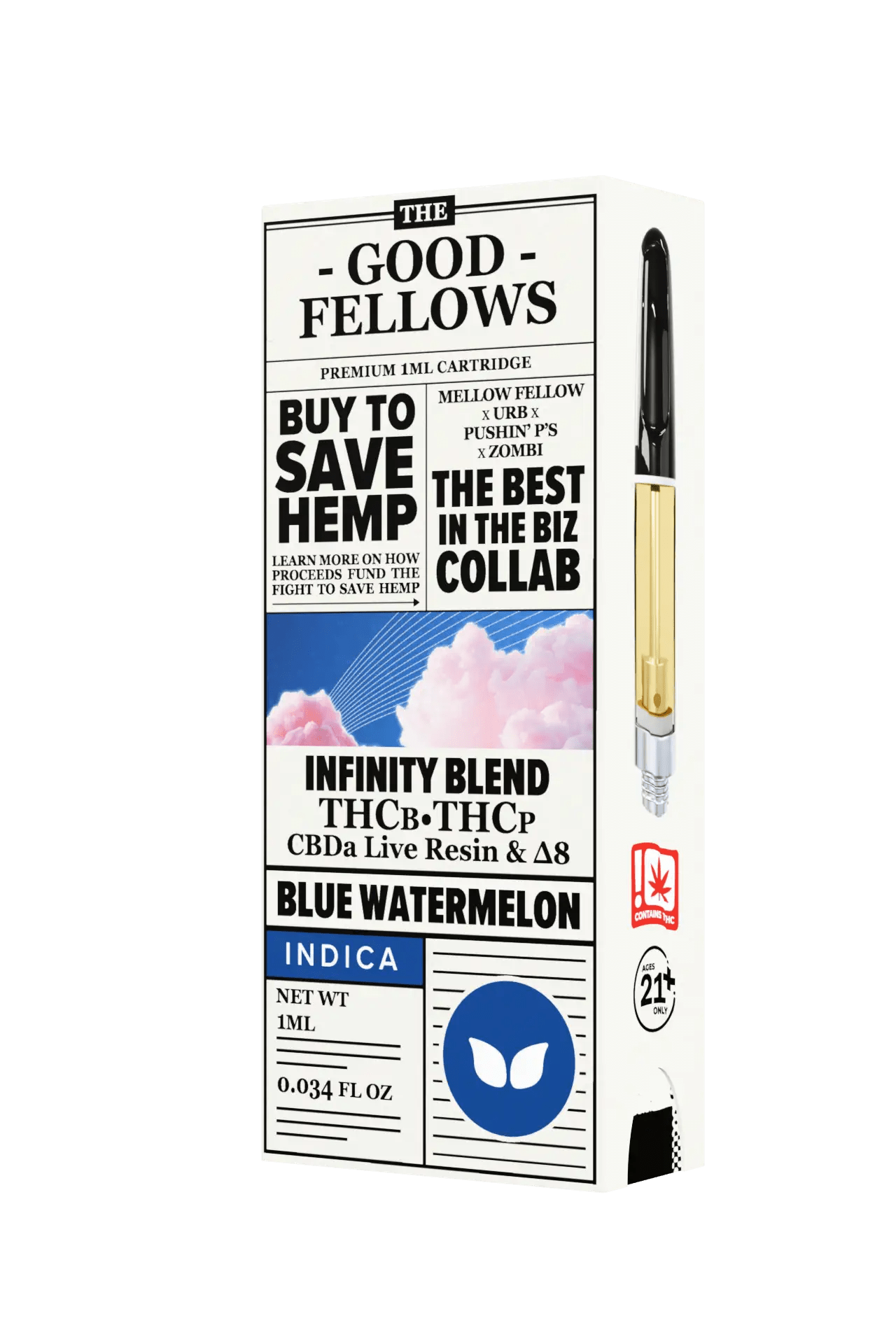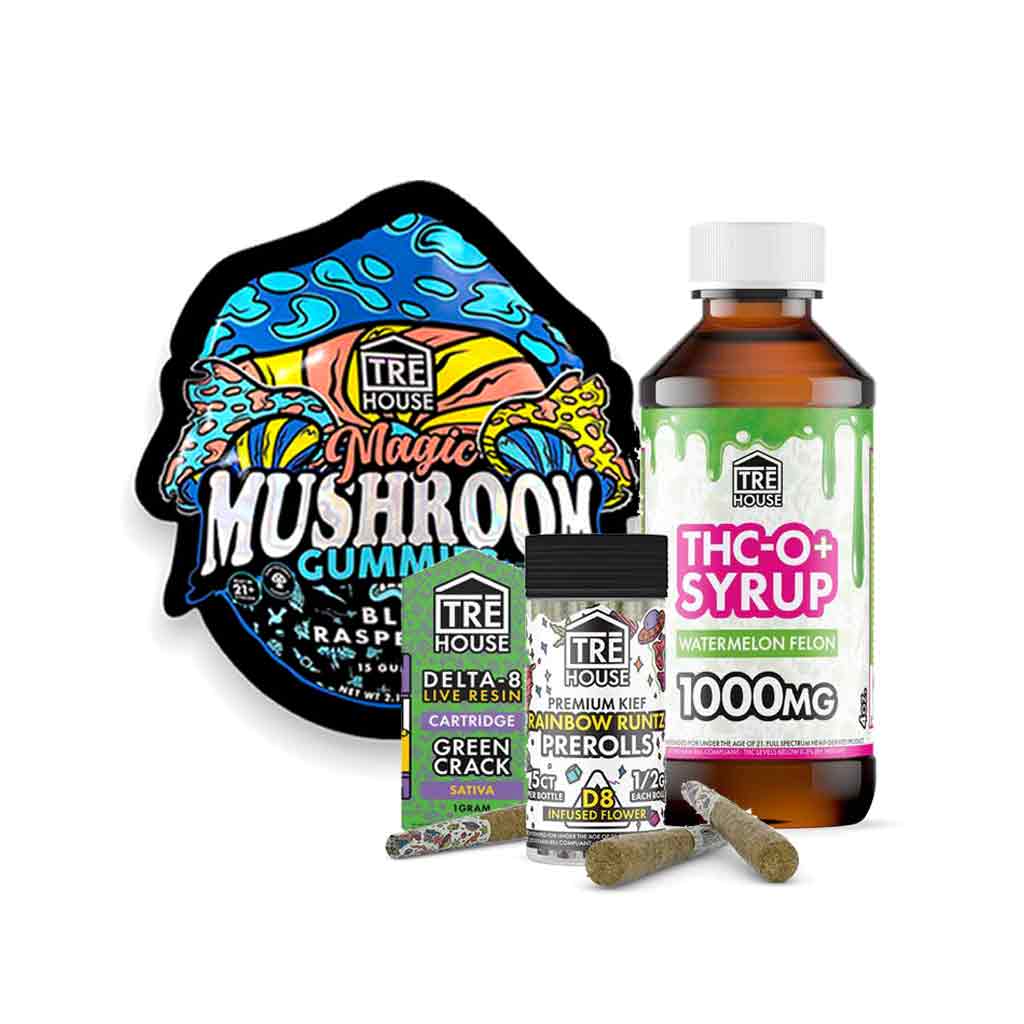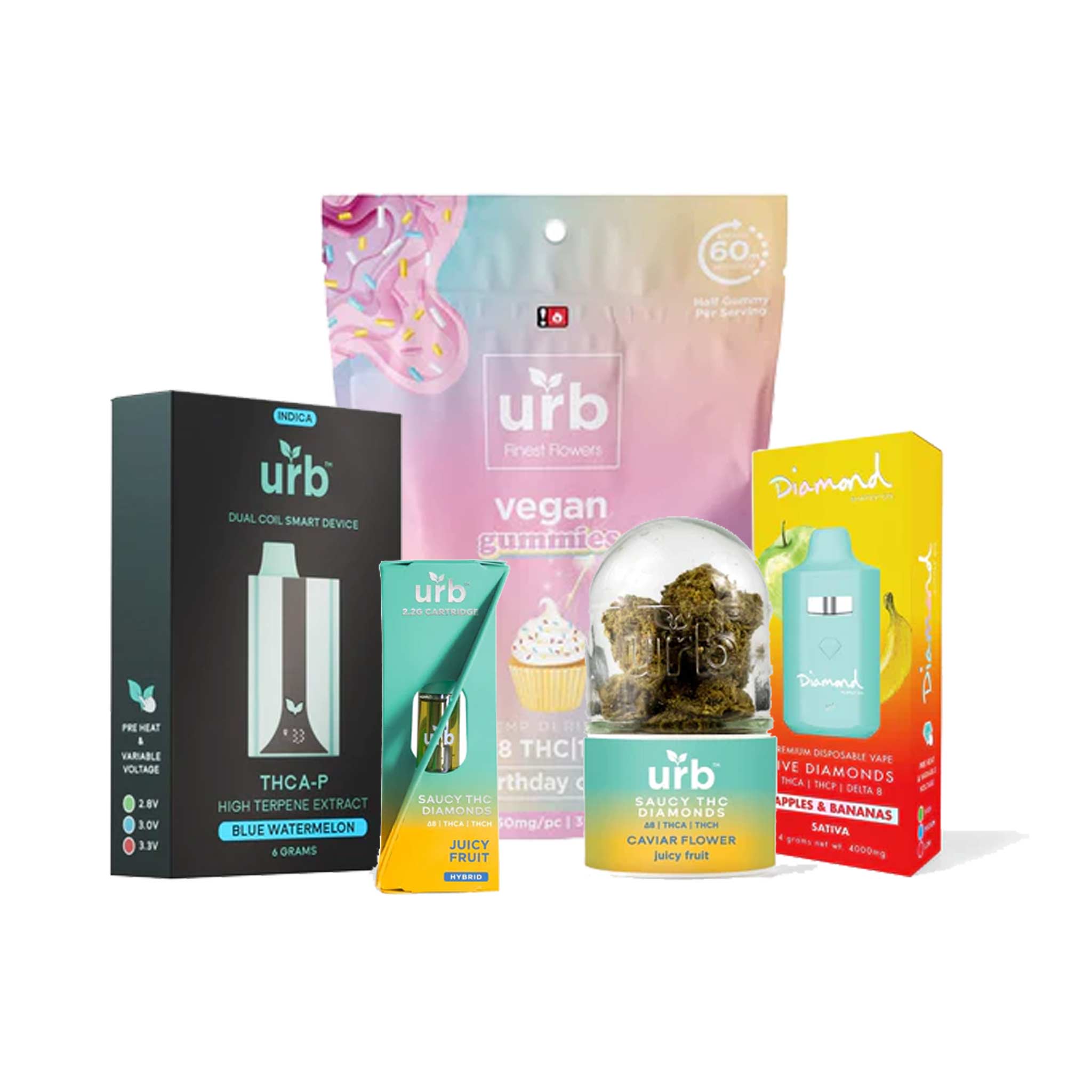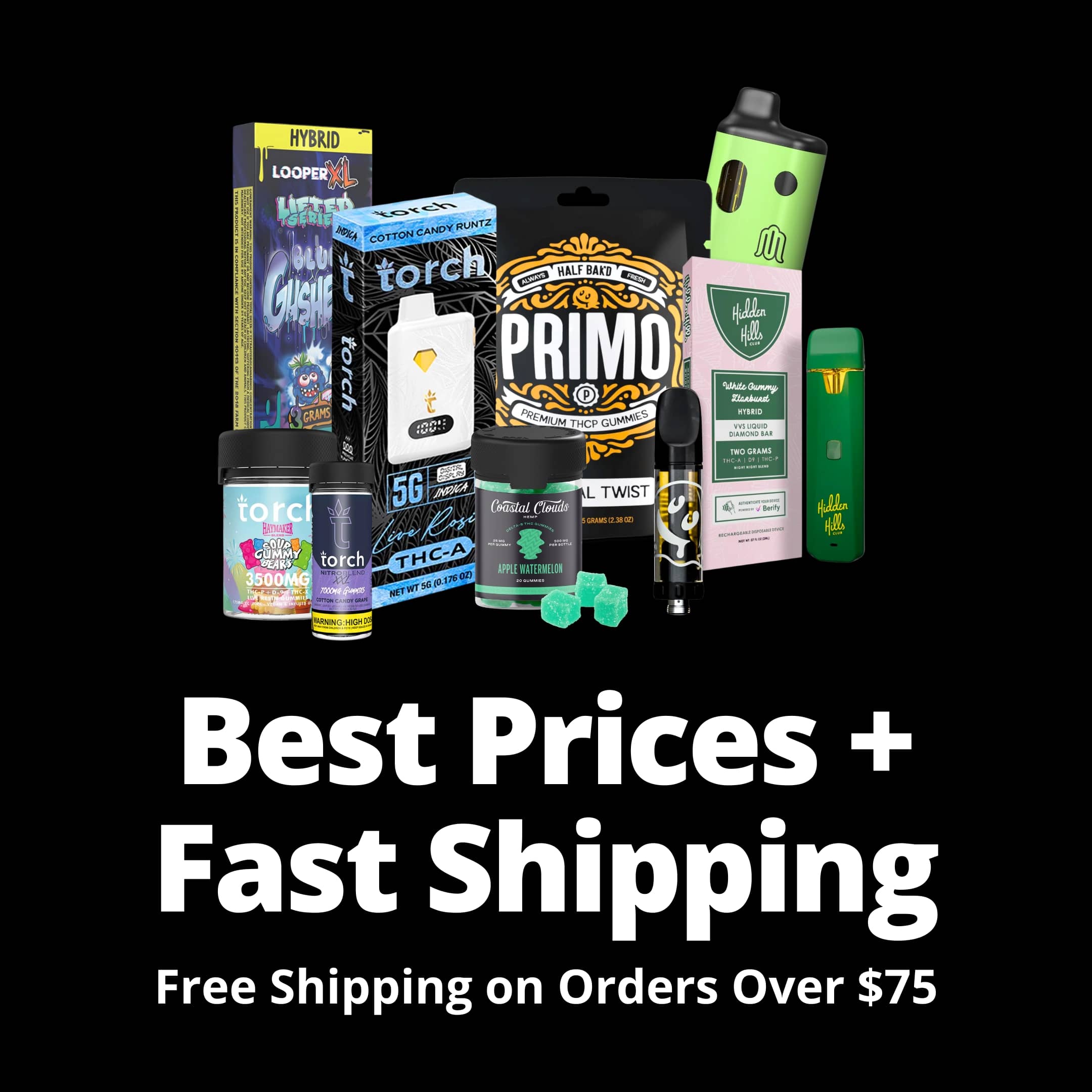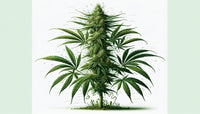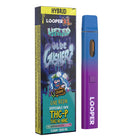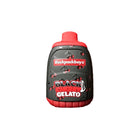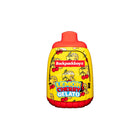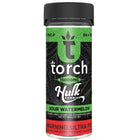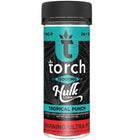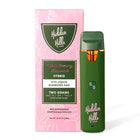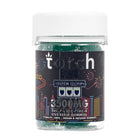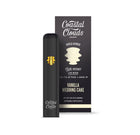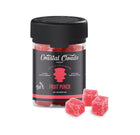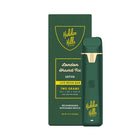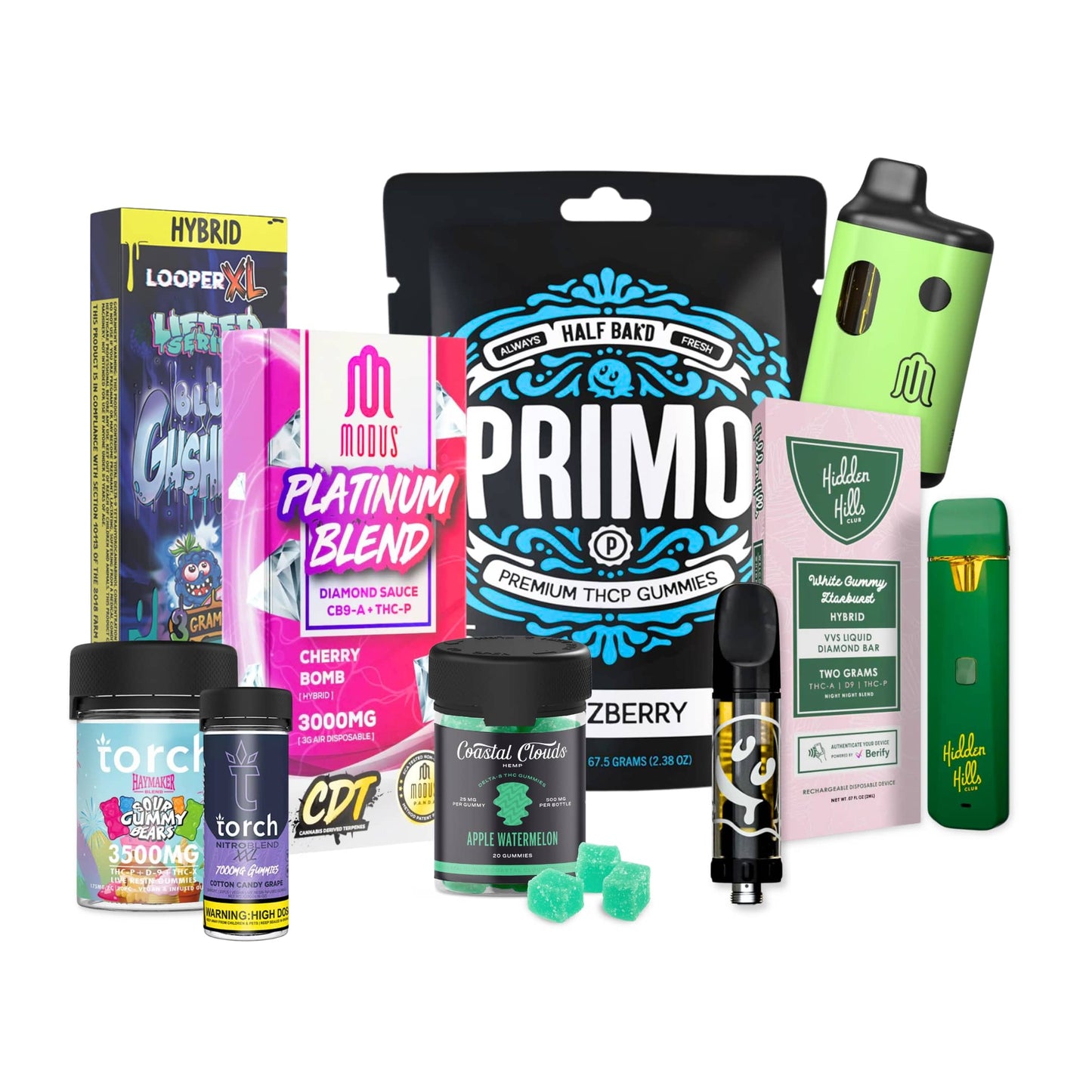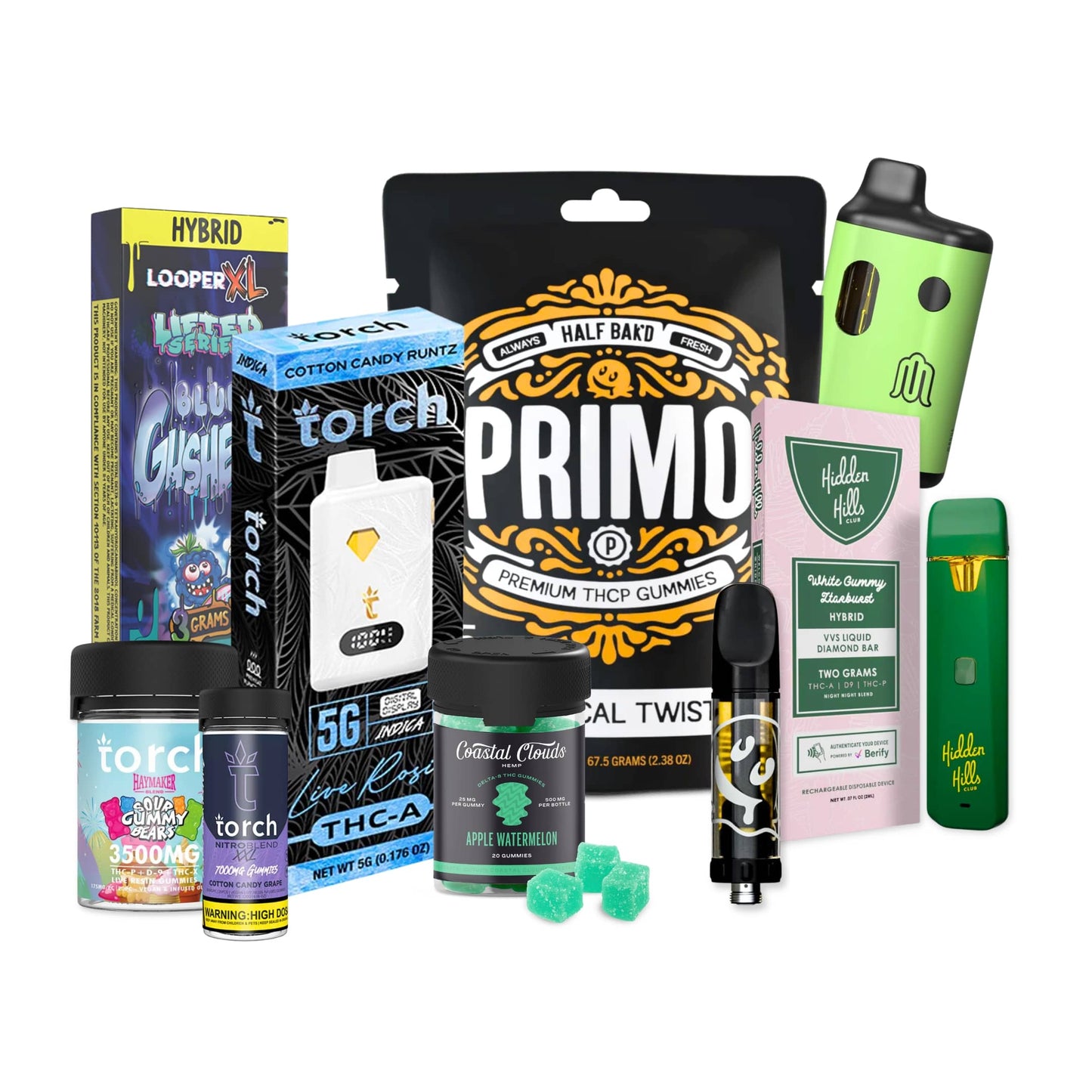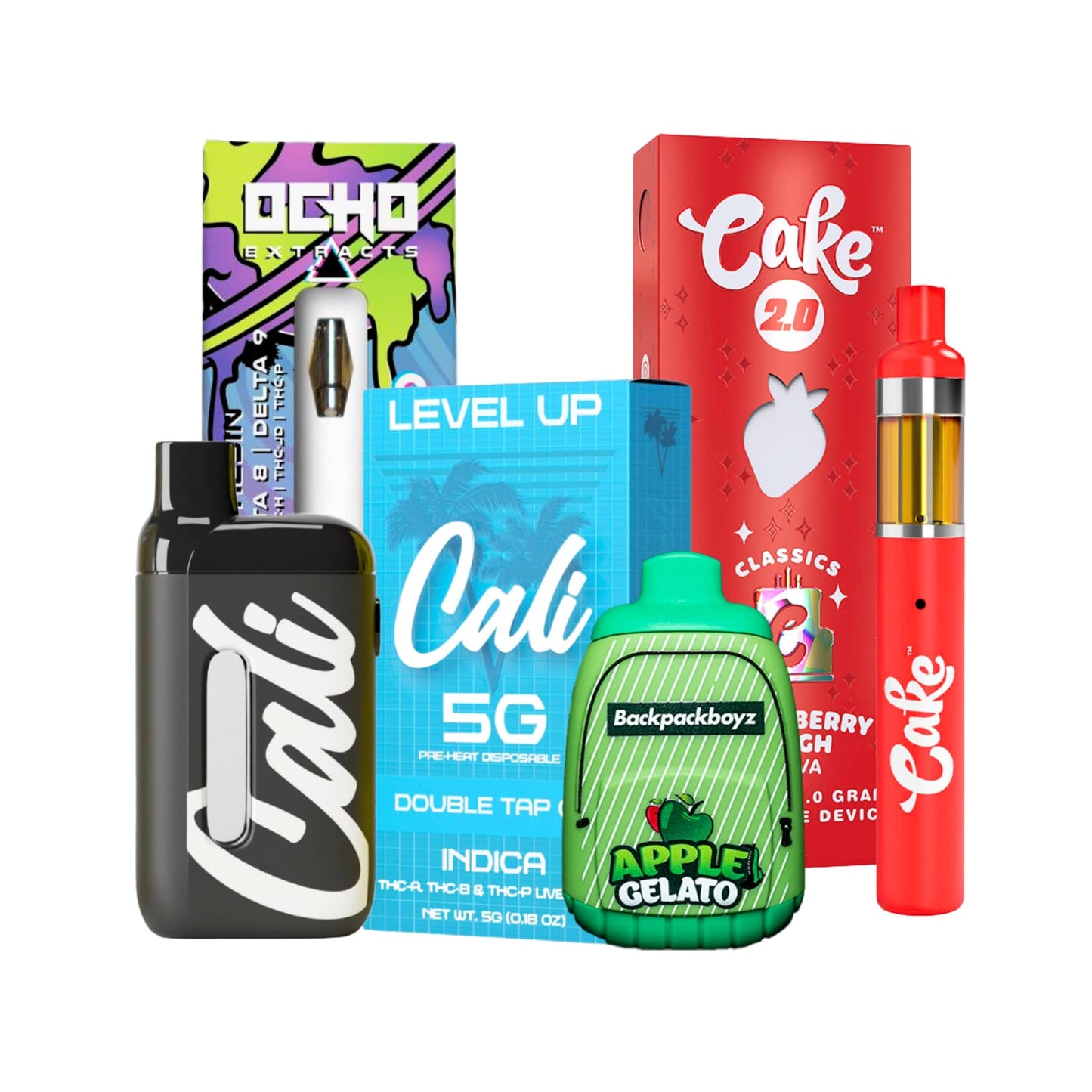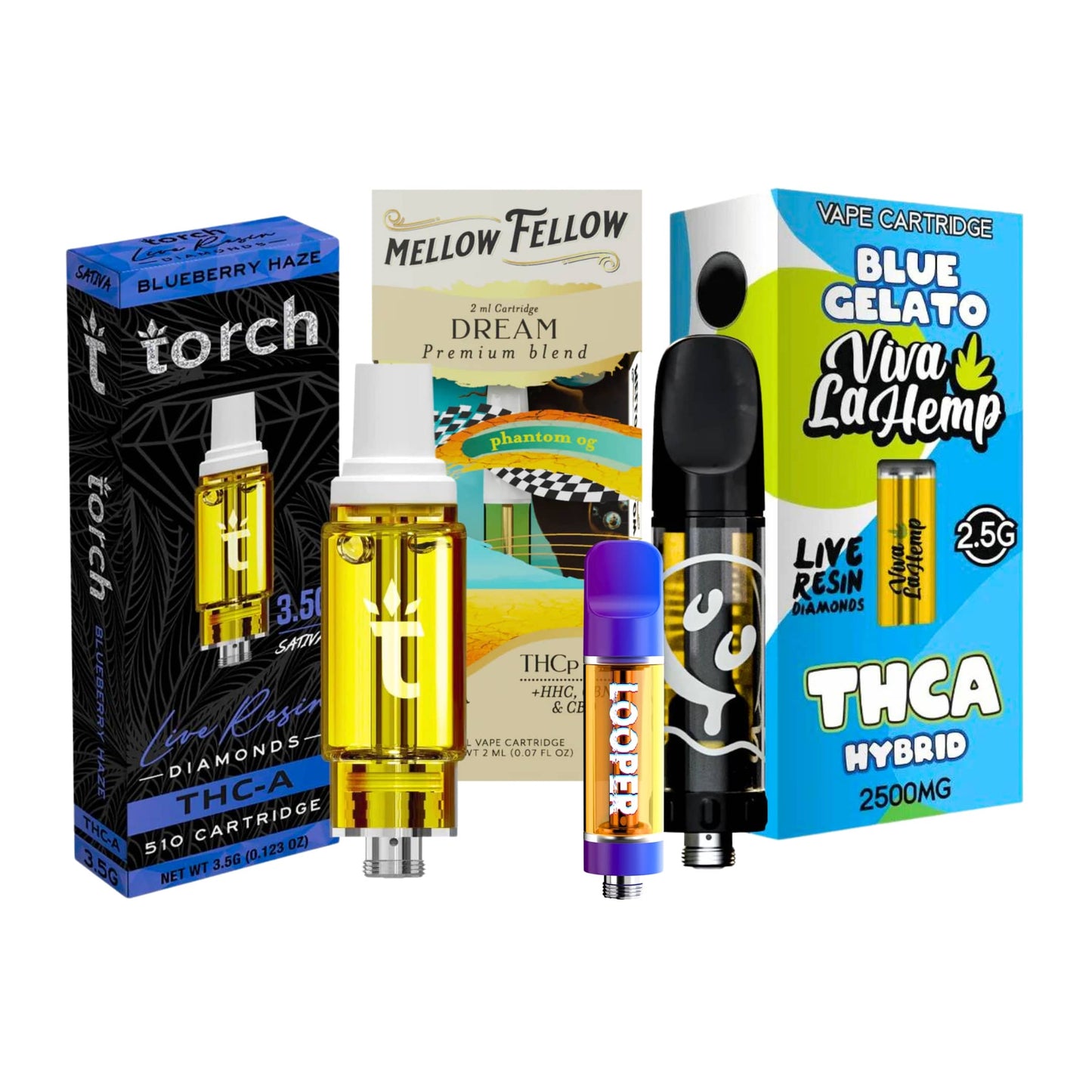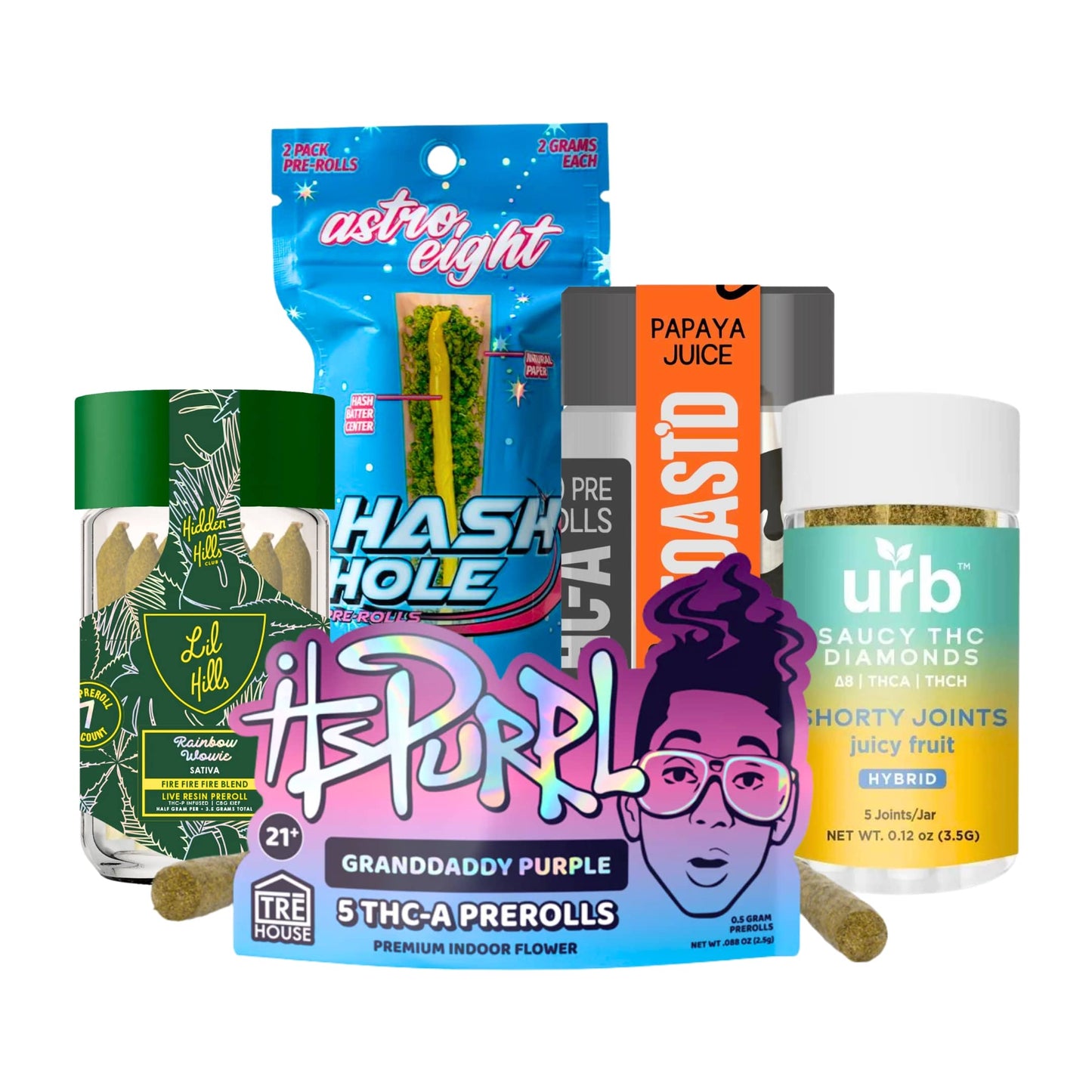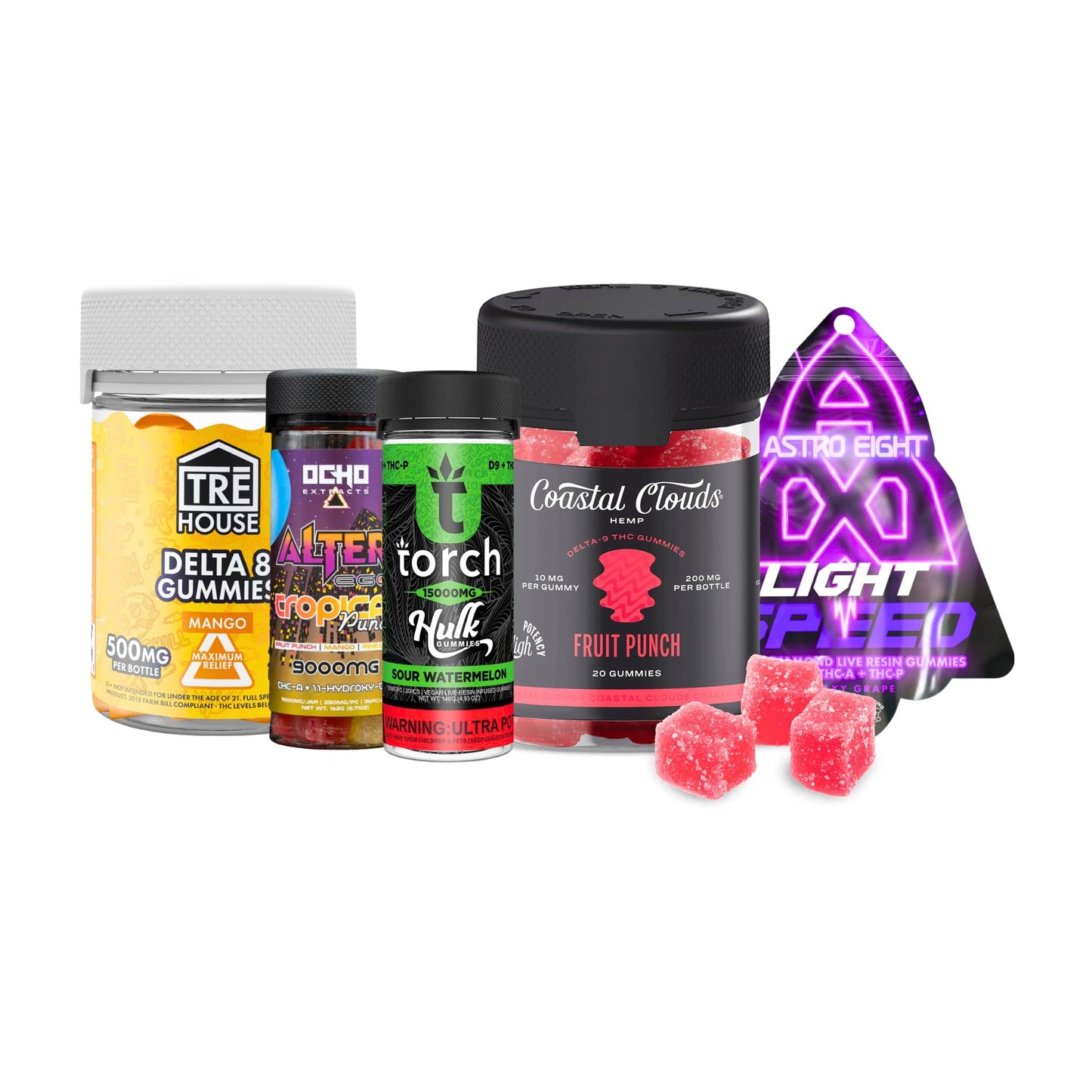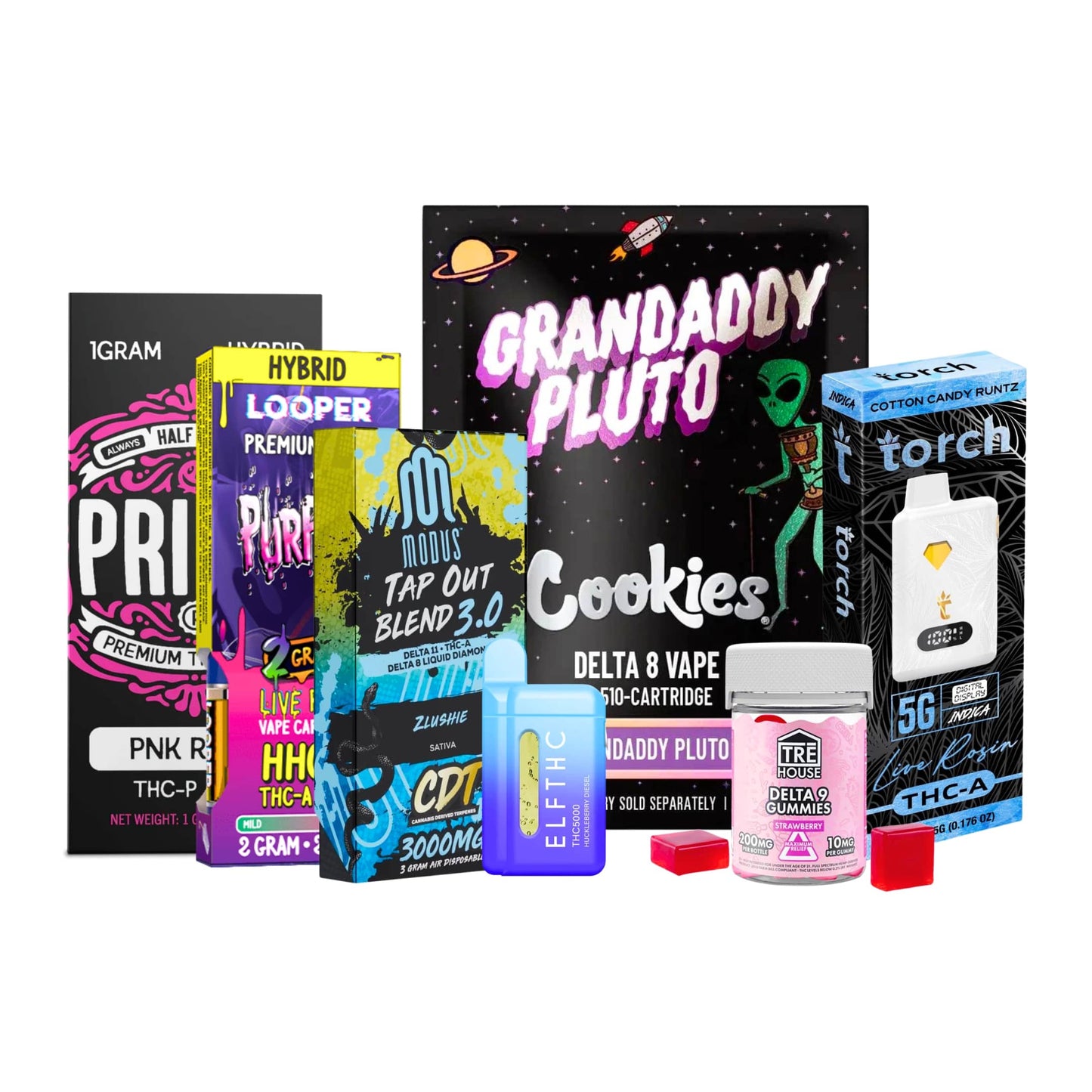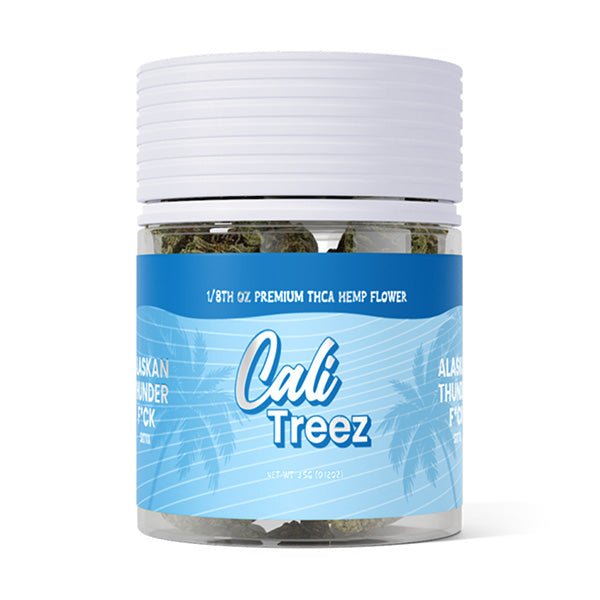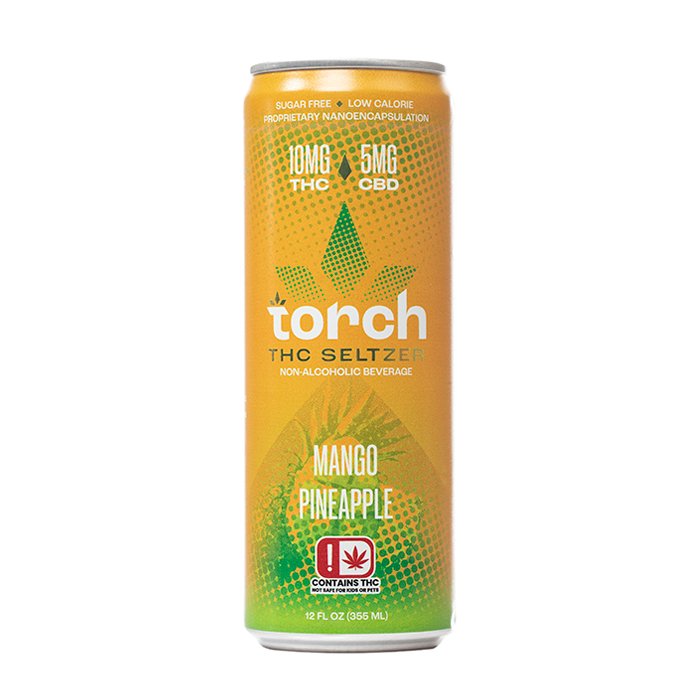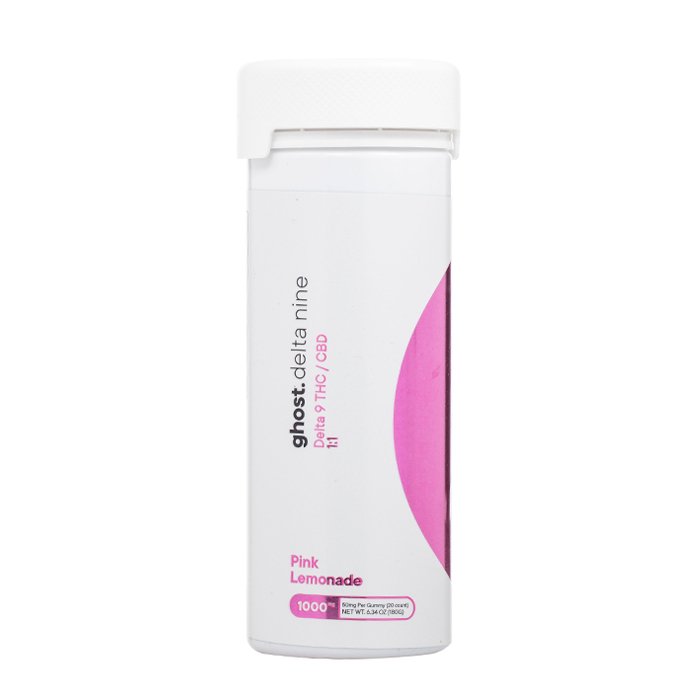Get a FREE Gummy or Vape
Sign up to get a FREE welcome vape or gummy on your first order when you buy 4 or more products.
If you’re asking ‘Is Delta 8 legal in Florida?’, the simple answer is yes, for now. The future for Delta 8, however, hangs in the balance with upcoming legislation. This article unpacks the present legal landscape and potential shifts in the regulatory framework affecting Delta 8 THC in Florida.
Key Takeaways
-
Delta 8 THC is currently legal in Florida, but impending legislative changes, such as stricter regulation or a potential ban, might disrupt the accessibility and framework of the hemp industry in the state.
-
Florida’s SB 1698 bill proposes to redefine ‘hemp extract,’ potentially excluding Delta 8 THC by imposing THC concentration limits, which could severely impact the hemp industry and restrict minors’ access to hemp-derived products.
-
While Delta 8 THC offers therapeutic benefits and is derived via isomerization from CBD or Delta-9 THC, it remains unregulated and unevaluated by the FDA for safety, prompting calls for increased regulation to ensure public health.
Navigating Florida's Hemp Laws and Delta 8 THC
The legal landscape of Delta 8 THC in the Sunshine State ebbs and flows like ocean tides. Currently, this hemp-derived compound enjoys legality, providing Floridians with access to a range of beneficial hemp extract products. However, the calm waters may soon be disrupted by legislative changes that could be ending Florida’s hemp industry as we know it. The Florida Legislature, through the Department of Agriculture and Consumer Services, steers the regulatory ship, distinguishing hemp from its psychoactive cousin, cannabis, and creating a framework that could soon face significant revisions within the Florida hemp industry. Any potential changes may eventually involve the Florida Supreme Court, as it plays a crucial role in interpreting and upholding the state’s laws.
For Florida’s law enforcement, differentiating between hemp and marijuana can be like sailing in murky waters. The challenge lies in the similarity of their scent and the absence of field tests capable of determining THC concentration levels. This has placed a spotlight on the need for more precise regulatory tools to maintain the integrity of Florida’s hemp industry. Yet, while the authorities grapple with these issues, another concern floats to the surface: the unrestricted availability of delta-8 THC to minors in certain areas, raising questions about the state’s responsibility to regulate hemp-derived products and protect its youth.
The Controversial SB 1698 Explained
Florida Bill SB 1698 looms like a thundercloud among the swaying palm trees, poised to redefine the definition of ‘hemp extract’ and the fate of hemp-derived cannabinoids. This bill, if passed, would clamp down on the THC levels in hemp products, setting the stage for a potential ban on substances like Delta 8 THC. Specifically, it calls for:
-
Limits on delta-9-THC concentrations to 0.3 percent on a wet weight basis
-
Capping the amount of delta-9-THC per serving and container
-
Excluding substances such as delta-8 THC from the definition of ‘hemp extract’ entirely.
The bill, despite sparking controversy, faces substantial opposition from those entrenched in Florida’s hemp industry. Faced with rigorous regulations on the sale and distribution of hemp extracts, businesses must weather the storm of compliance with these proposed THC concentration limits. Moreover, the bill seeks to shield minors from the allure of such products by demanding packaging that does not appeal to children, alongside stringent labeling requirements to ensure product safety. This has led to Florida lawmakers being closely scrutinized for their role in shaping these regulations.
Delta 8 THC: A Closer Look at the Compound and Its Uses

Delta 8 THC, a naturally occurring component of the cannabis plant and an elusive cousin to Delta-9 THC, is present in much smaller quantities. Its psychoactive effects are milder, and it has carved out a niche among those seeking its therapeutic benefits. The Delta 8 found in most products today is the result of isomerization, a chemical reaction that transforms CBD or Delta-9 THC into Delta 8. This process has allowed a wider accessibility of Delta 8 products, catering to individuals who turn to this compound to alleviate issues such as physical pain and social anxiety.
Yet, the FDA has cast doubt over Delta 8 THC, cautioning that these products have not received evaluation or approval for safety. This lack of endorsement raises concerns about the risks these unregulated products may pose to public health. Consequently, the demand for regulation of hemp-derived products intensifies, aiming to guarantee consumer safety in a rapidly growing market.
Impact on Consumers and Businesses
The ripple effect of the proposed legislation on Florida’s hemp industry could be profound, touching every shore from consumer health choices to the survival of businesses. Retailers outside of medical marijuana dispensaries are currently free to sell products containing low levels of THC, including delta-8. This accessibility serves a vital role for customers managing a range of health issues. If the proposed legislation passes, the sale of delta-8 could become the sole privilege of licensed dispensaries, potentially limiting access for those seeking these products for medical relief.
Businesses firmly planted in the thriving hemp market are anxiously observing as the proposed legislation threatens to restrict hemp products by limiting delta-8 sales. The potential shift to dispensary-only sales could exclude many current retailers from the market, causing a seismic shift in how consumers can purchase products.
For entrepreneurs, the ban on delta-8 THC could spell disaster, with the prospect of shuttered storefronts and a return to a more unregulated market.
Legal Assistance for Hemp Extract Possession

In the face of these legal uncertainties, Floridians can take solace in knowing that legal avenues exist for those facing charges related to possessing hemp extract products. Alongside the evolving landscape of the hemp industry, the role of legal defense also changes, with lawyers prepared to guide through the complexities of these cases. Since the legalization of hemp, criminal defense lawyers have been advising their clients to challenge cannabis-related charges, arguing the nuances of hemp versus marijuana and the intricacies of the law.
Summary
As we draw the curtain on this exploration of Delta 8 THC in Florida, it is clear that the winds of change are blowing through the hemp fields. With the legal status of hemp-derived products hanging in the balance, consumers and businesses must remain vigilant, staying informed of the latest legislative developments. Regardless of the outcome, it is evident that the conversation around Delta 8 and its place in Florida will continue to spark debate, underscore the importance of regulation, and highlight the need for clarity in the hemp industry.
Frequently Asked Questions
Is Delta 8 THC currently legal in Florida?
Yes, Delta 8 THC is legal in Florida at the moment, but there is pending legislation that could change its status. Be aware of potential changes.
What is Florida Bill SB 1698 and how does it affect Delta 8 THC?
Florida Bill SB 1698 aims to tighten THC concentration limits and exclude certain cannabinoids like Delta 8 THC, potentially leading to a ban on Delta 8 THC products in Florida. This could have a significant impact on the availability of Delta 8 THC in the state.
Can I face legal issues for possessing Delta 8 THC products in Florida?
Possessing Delta 8 THC products in Florida could potentially lead to legal issues due to the evolving legal landscape. However, legal defense is available for those charged with possession of hemp extract products.
What are the potential impacts of banning Delta 8 THC on Florida businesses?
Banning Delta 8 THC in Florida could significantly limit sales for businesses and potentially lead to some closures.
How does Delta 8 THC differ from Delta 9 THC, and why are people using it?
Delta 8 THC is less potent than Delta 9 THC and is used for its therapeutic benefits in treating conditions like pain and anxiety, although it is manufactured through isomerization because of its low natural levels in the cannabis plant.


